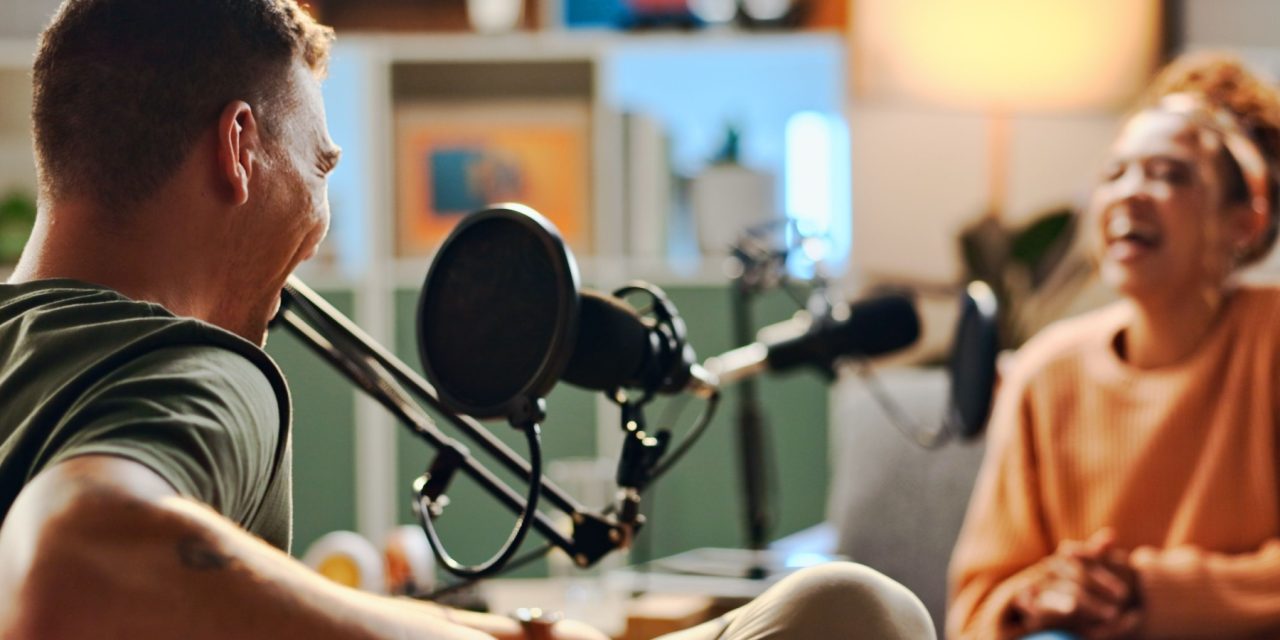Producing Educational Podcasts for Sports Analytics
The voice became the new classroom. For decades, people learned from books. Now, they turn to podcasts while exercising or resting. Digital recording tools changed how information spreads and how creators earn from it. Sports analytics joined that movement, blending education with entertainment and business.
Modern podcast creators talk about matches, player performance, and market data. Site of onexbet company stands as part of this wider ecosystem, where analytical thinking meets digital profit. The link between sports prediction and learning platforms grows stronger each year. Both rely on patterns, probability, and human interpretation.
The growth of digital education
Two centuries ago, instruction depended on proximity. A teacher and student had to share the same room. That rule faded when radio arrived, then again with television, and now with streaming audio. Podcasts removed time limits and geographic barriers. They let experts speak directly to niche audiences, from amateur analysts to professional bettors.
Sports analytics turned into one of the most active podcast genres. Listeners enjoy numbers but also the stories behind them – how one decision changes a match or a market. Successful hosts build steady revenue from sponsorships, donations, and partnerships with betting and sports data companies.
Common income sources include:
- Paid advertising during episodes
- Premium membership models for deeper content
- Brand partnerships linked to analysis tools
Each method depends on credibility and steady output rather than volume alone.
Making analysis audible
A good analytics podcast is not a lecture. It feels like a guided conversation with data as the co-host. Listeners follow statistics not for the numbers but for the interpretation. That intimacy makes podcasts ideal for teaching predictive reasoning.
Podcasters use real examples from tournaments, explaining models used to forecast team form or player fatigue. The process mirrors betting logic, where probability meets intuition. Sound clarity, rhythm, and tone replace charts and slides. This minimalism works because it reduces learning to clear, digestible parts.
Key techniques for engaging podcasts include:
- Mixing narrative with factual data to hold attention
- Keeping episode length consistent and focused
- Using real match samples to connect theory and practice
Listeners appreciate the human voice that explains rather than instructs.
Economic structure behind sports podcasts
Podcast networks now function as digital studios. They manage distribution, sponsorship, and promotion. Independent hosts can join collectives that handle the technical side in exchange for a revenue share.
The economics follow simple rules: consistent publication builds an audience; audience attracts sponsors; sponsors sustain production. Analytics content benefits further from the crossover with betting data, where advertisers already target educated, engaged listeners.
Regional adaptation and identity
In the Iranian digital sphere, podcasting fits naturally into cultural habits of storytelling and discussion. Sports conversations already occupy social spaces and media. The shift to digital simply gives them permanence. Hosts often focus on football, volleyball, or wrestling, discussing tactics and data in Persian with global clarity.
This growth encourages young specialists to treat sports data as a professional skill. Universities introduce short courses in analytics, and graduates apply their knowledge in podcasts or betting research. The result is a modern profession built on dialogue rather than written reports.
Digital intersections
Podcasting, betting, and online learning share one feature: information value. Listeners invest time; analysts invest effort; advertisers invest money. All depend on credible data flow. A single match can become the subject of multiple podcast episodes analysing statistics, odds movement, and coaching patterns.
The crossover also influences betting education. Some creators produce entire series explaining risk control, performance indexes, and expected value models. The material helps both casual enthusiasts and professionals refine judgment without speculation.
Outlook for the near future
Technology will push this medium even further. Artificial intelligence will soon automate editing, language translation, and highlight extraction. Podcasters will focus more on storytelling and data interpretation while algorithms handle production.
Sports analytics remains an ideal topic for monetised audio because it connects passion with precision. Each episode carries practical value and personal insight. In Iran’s expanding digital economy, that combination promises both cultural relevance and stable income. Podcasts transform conversation into craft and turn informed voices into sustainable online enterprises.










